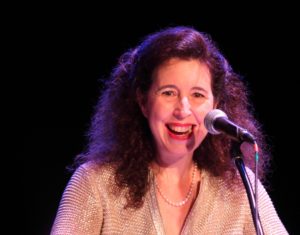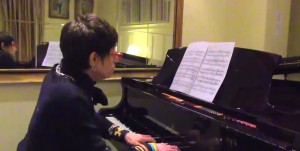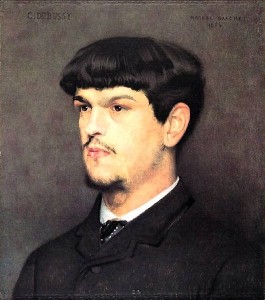Perhaps one of the most uplifting interpreters and performers is Angela Hewitt, the Canadian concert pianist. Her live performance at Toronto’s Royal Conservatory of Music of Clair de Lune—a favorite of many students of adult piano lessons—is so pristine that it becomes instructive.
Here is the video, followed by the elements of her performance that I particularly admired:
Interpretation.
In the opening thirds, Ms. Hewitt bends over the piano with reverence, and when the thirds repeat, this time underpinned with deeper chords in the bass, her left hand floats to the side, a gesture which gave me the feeling of gliding over still waters. As the music progresses, a hesitation or a reconsideration of sorts plays on her face when she pulses the asynchronous octaves, followed by a blissful clearing when she arrives at the reprise of the opening melody. As the final chord subsides to silence, I held my breath while she held her hands aloft, as though in thanksgiving for the music. To say that she has interpreted this classical piano music feels like an understatement. Clair de Lune has a deep meaning to her, we don’t know precisely what—perhaps an emotional experience or a story from her life—yet it is that meaning that drives the emotion in the music.
 Photo by Art Babych / Shutterstock.com
Photo by Art Babych / Shutterstock.comIntention.
In watching this video, I have the sensation that at all times during her performance of Clair de Lune, Angela Hewitt knows exactly how she wants to play the music and wants it to sound. Her focused intention is evident in her technique: her hands have a remarkable stillness while playing. When she plays the translucent thirds in the piece’s beginning, we see her fingers calmly trading places on the keys to create legato, the underpinnings of a shimmering sound.
Concentration.
Perhaps because she is creating this music as much for herself as the audience, she plays with utter concentration. Halfway through her performance, we hear a loud, banging sound. Maybe someone dropped a cell phone, a YouTube viewer speculates. Regardless of the sound’s origins, Ms. Hewitt does not seem to register it. There’s no flinching, followed by a shaking of the head, as though she were reminding herself to stay in the music. Instead, she plays serenely on. My piano teacher, Stephen, once advised me that when performing, assume that the audience will make sounds—coughing, bolting up from a seat, or even dropping a cell phone—but ignore them. The only relevant sounds are those that come from the union of the pianist with the instrument.




0 Comments